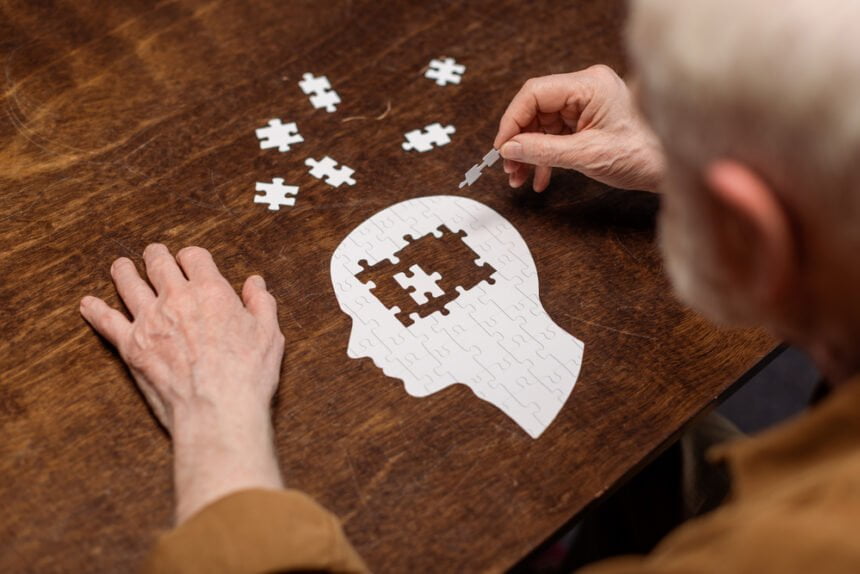In psychology, music therapy is widely regarded as being a highly effective method of treating various forms of mental illness from mood disorders to genetic or inherited physical disabilities.
In recent years, music therapy has increasingly been used to communicate and interact with patients suffering from dementia. To find out more about this phenomenon, Joanne Davies, Director of Care from My Care My Home spoke to Healthworks Collective about the relationship between music and dementia, explaining how it could be a vital tool in helping reconnect with our loved ones.
What is Music Therapy?
American poet Henry Wadsworth Longfellow once said that “Music is the universal language of mankind.” No matter our location, differences, or age, music is a force that connects people from all walks of life.
In recognition of this, researchers have been keen to theorize the impact that music has on our brains. This has subsequently resulted in the creation of music therapy.
Music therapy is a psychological practice that involves the use of music in order to establish a bond with patients and help unlock deeper connections within their psyche. It is used for all sorts of purposes like helping new-borns recognise their parents, to maintaining a form of communication with dementia patients.
As dementia causes the brain to deteriorate, many functions of daily life can become impacted. This has since led many doctors towards implementing music therapy for their patients as a potential means of providing both entertainment and prolonging the brain’s abilities.
Music therapy is delivered in multiple ways, with the most common ones being:
- Listening to favourite songs
- Playing instruments
- Singing alone or in a group
- Watching live performances
Unlocking Memories
For many of us, a song can signpost some significant points of our lives; the first dance at a wedding, or a number one hit from years before. By playing these musical pieces back later in life, we are able to tap into our long-term musical memory and relive our experiences.
Due to many dementia patients losing their memory, this aspect of music therapy can be vital in retaining memories for as long as possible.
Increasing Brain Activity
Tapping along to a beat or humming a rhythm to a song can keep our brains active. There is much evidence to show that listening to music lights up certain parts of the brain, specifically the sectors responsible for emotion.
Reducing Stress and Anxiety
Certain songs and chord progressions can have a positive or negative impact on our feelings. Major notes are typically associated with happy, positive thoughts, whereas minor notes are associated with sad and negative ones.
Depending on the mood, setting and musical preference, playing music can significantly reduce stress and anxiety for both patients and nurses. This is due to the way in which we respond to music, the context of the song, and of course the memory that has been associated with it.
How To Use Music Therapy
While music therapy can only truly be delivered by an expert, there are ways in which some of its findings can be implemented at home:
- Find out musical preferences: Almost everyone has a favourite song, artist or genre. To get the best response possible from music therapy, consider creating a playlist of the person’s favourite songs that you know they will enjoy. If you’re finding it difficult, try looking for popular music at certain points in their lifetime.
- Observing reactions: Every person is different, so be sure to carefully monitor reactions to different pieces of music and adjust your approach as necessary. Some songs may cause more distress than good, so please ensure utmost vigilance at all times.
- Join in: Music is a social experience. From gigs to concerts, they are mostly enjoyed as part of a crowd or with friends. Try singing along with your loved ones, you may find that memories will come flooding back in no time.
Professional Guidance and Advice
Implementing music therapy into a care regime takes time and patience. Thankfully, My Care My Home can offer a much needed helping hand.
My Care My Home is a provider of multiple forms of care services in Wales and England. From offering professional information and advice, to shortlisting potential care providers, their expert team are able to assist with many functions of caregiving no matter the circumstance.

